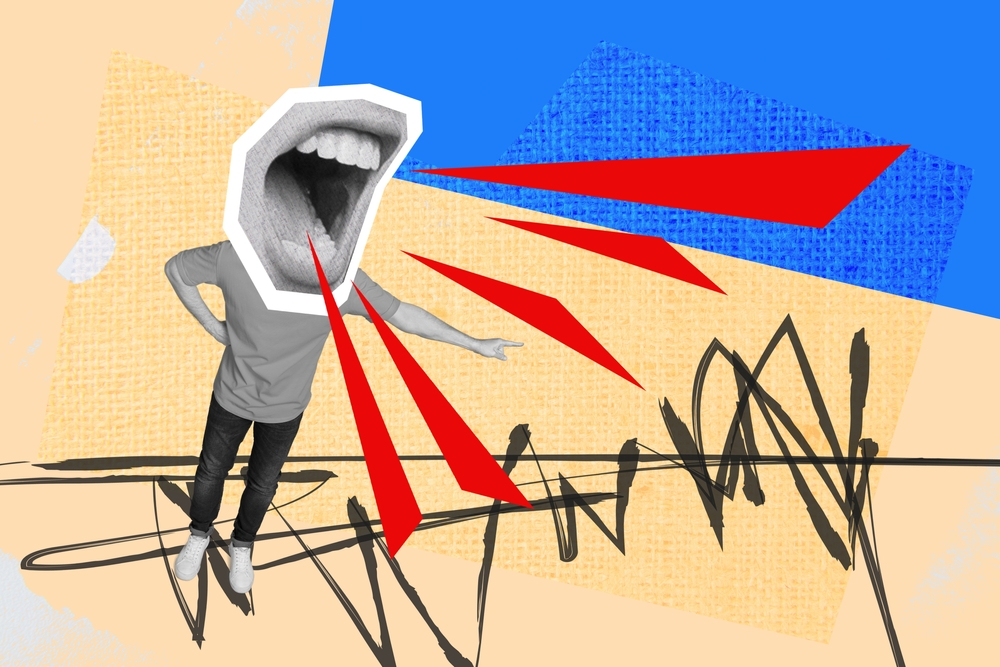Celebrity endorsements have always been a cornerstone of advertising, but in the age of social media, they come with higher risks than ever. A single misstep—whether it’s a poorly executed campaign, a controversial figure, or an ill-timed message—can spiral into public outrage, dragging brands into chaos.
From viral callouts to plummeting stock prices, the stakes have never been higher. Why do these high-profile partnerships so often go wrong? And what lessons can brands learn from public backlash?
The illusion of authenticity
Social media has transformed how audiences view celebrities. No longer seen as distant icons, influencers and stars are expected to share their “real” lives with followers. This shift places a greater emphasis on perceived authenticity in endorsements.
When authenticity feels fake
The expectation that celebrity endorsements reflect genuine enthusiasm for a product means audiences are quick to sniff out insincerity.
- The Pepsi-Kendall Jenner fiasco (2017): In an ad that attempted to align Pepsi with social justice movements, Jenner was shown handing a Pepsi to a police officer during a protest. The campaign was immediately criticized as trivializing serious issues like police brutality. The backlash forced Pepsi to pull the ad within 24 hours and issue an apology.
- What went wrong: Viewers felt the campaign lacked authenticity, using activism as a shallow marketing ploy.
The price of misalignment
Brands often face backlash when a celebrity’s personal brand clashes with the product they endorse.
- Cristiano Ronaldo’s Coca-Cola moment (2021): During a Euro 2020 press conference, Ronaldo pushed aside Coca-Cola bottles and told viewers to “drink water.” The gesture reportedly wiped $4 billion off Coca-Cola’s market value.
- Impact: The incident highlighted how even unintentional actions can create ripple effects, damaging brand perception in seconds.
Scandals in the social media era
In the past, celebrity controversies were often limited to tabloid headlines. Today, social media amplifies every misstep, turning minor incidents into global scandals.
High-profile fallout
When a celebrity falls from grace, their associated brands often face collateral damage.
- Kanye West and Adidas (2022): Following West’s antisemitic remarks, Adidas cut ties with the rapper despite the massive success of the Yeezy line. The decision cost Adidas an estimated $1.3 billion in unsold inventory.
- Lesson for brands: Partnering with controversial figures can generate immense risk, especially when public sentiment shifts rapidly.
The role of cancel culture
Social media amplifies accountability, often holding brands as responsible as the celebrities they partner with.
- Gal Gadot’s “Imagine” video (2020): Meant to inspire unity during the pandemic, the video featured celebrities singing Imagine but was criticized as tone-deaf and out of touch. Although not tied to a specific brand, the backlash showed how public missteps can erode trust in those seen as influencers (Time, 2020).
The pitfalls of performative activism
Consumers increasingly demand that brands take stands on social issues, but these efforts often backfire when they come across as insincere or opportunistic.
Empty gestures
Actions perceived as performative or hollow can create massive backlash.
- Blackout Tuesday (2020): Many brands and celebrities posted black squares on Instagram to support racial justice but failed to follow through with substantive action. The gesture was widely criticized as virtue signaling.
- Why it matters: Social media amplifies scrutiny, and audiences expect real commitments, not just symbolic gestures.
Learning from failure
Although celebrity endorsements remain a powerful tool, they require thoughtful execution and ongoing management.
Due diligence is essential
Brands must thoroughly vet potential partners to avoid future controversies.
- What to look for: A celebrity’s values, past behavior, and public statements should align with the brand’s mission.
Crisis management plans
When backlash occurs, how a brand responds can determine whether the fallout is temporary or long-lasting.
- Speed matters: Swift, genuine apologies can mitigate damage. Delayed or defensive responses often worsen the situation.
- Example of success: Nike stood by Colin Kaepernick in 2018 despite backlash, ultimately strengthening its brand among key demographics.
Navigating the endorsement minefield
In an era of heightened scrutiny, celebrity endorsements are no longer just about visibility—they’re about alignment, accountability, and authenticity. Brands that fail to navigate these dynamics risk becoming the subject of their own PR disasters. But for those that get it right, the rewards can be immense.

